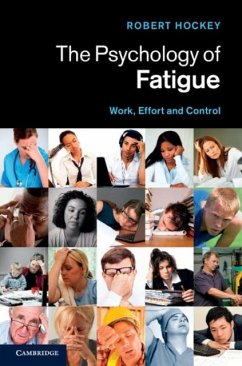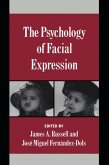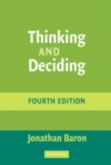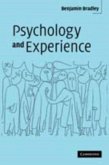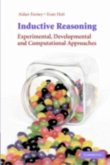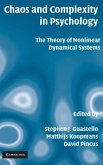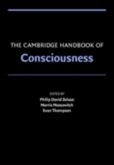Fatigue can have a major impact on an individual's performance and well-being, yet is poorly understood, even within the scientific community. There is no developed theory of its origins or functions, and different types of fatigue (mental, physical, sleepiness) are routinely confused. The widespread interpretation of fatigue as a negative consequence of work may be true only for externally imposed goals; meaningful or self-initiated work is rarely tiring and often invigorating. In the first book dedicated to the systematic treatment of fatigue for over sixty years, Robert Hockey examines its many aspects - social history, neuroscience, energetics, exercise physiology, sleep and clinical implications - and develops a new motivational control theory, in which fatigue is treated as an emotion having a fundamental adaptive role in the management of goals. He then uses this new perspective to explore the role of fatigue in relation to individual motivation, working life and well-being.
Dieser Download kann aus rechtlichen Gründen nur mit Rechnungsadresse in A, B, BG, CY, CZ, D, DK, EW, E, FIN, F, GR, HR, H, IRL, I, LT, L, LR, M, NL, PL, P, R, S, SLO, SK ausgeliefert werden.

